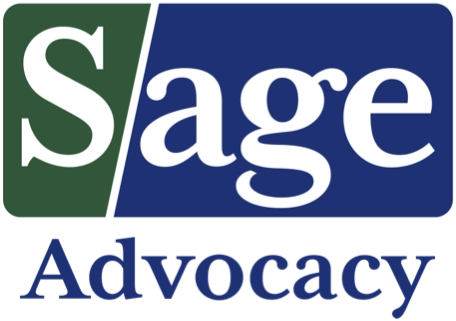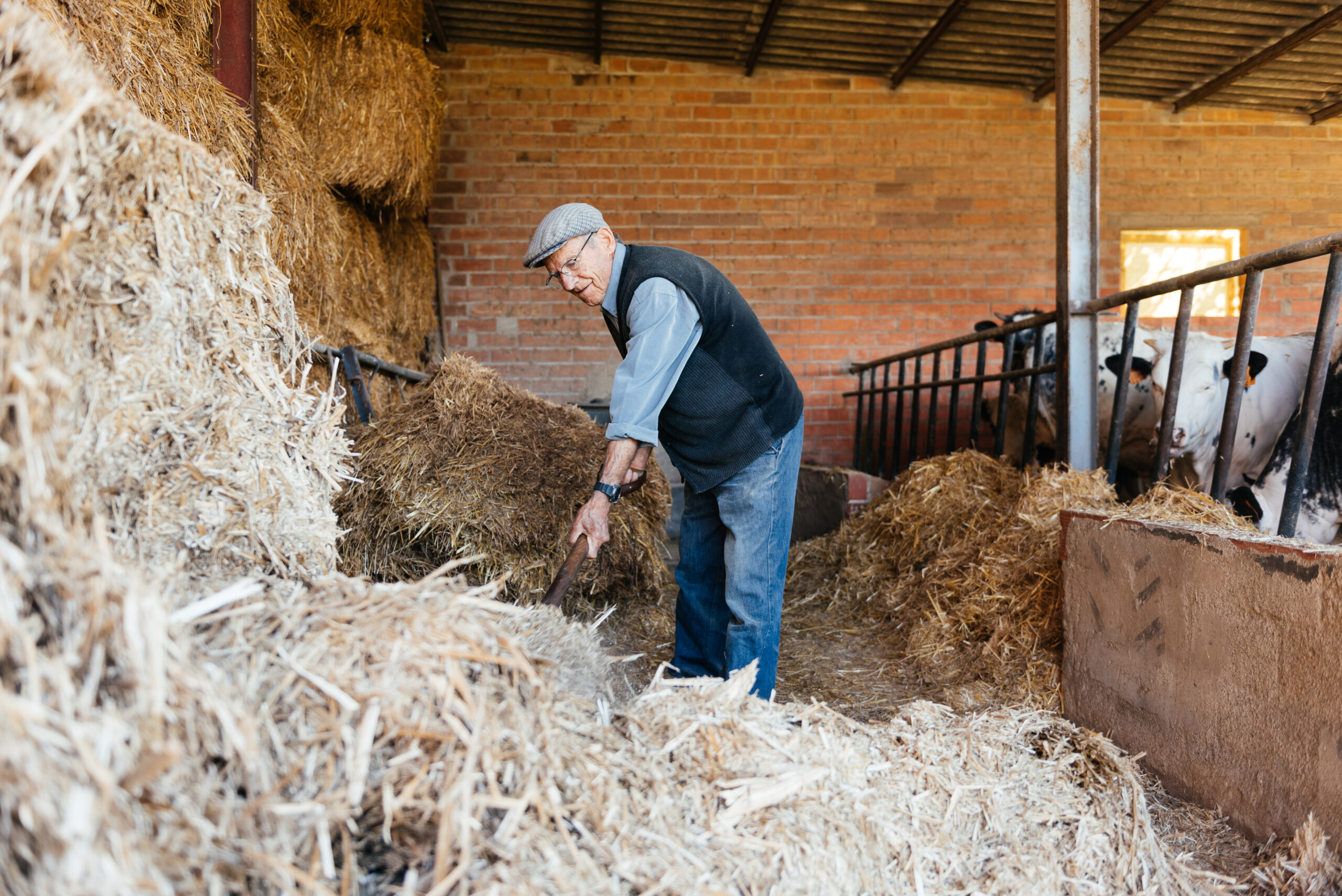More Government involvement needed in care for Older People
In planning for the Commission on Care, recently announced by Government, Sage Advocacy has released the results of a RED C poll that set out to gauge public opinion on issues relating to support and care for older people.
The results show:
- Support for State funding of care for older people is strongest among those aged 35-54
- Older people tend to favour a unified system of home and residential care
- There is strong support for a Commissioner for Older People
- Legislation to safeguard older people is required
- The great majority of people believe that private providers predominate the care sector and there is strong support for greater government involvement in care for older people.
View results in full
View our one-page infographic summary
Commenting on the results the Sage Advocacy Chair Mark Mellett, said: “There are clear messages here for the Commission on Care when it begins its work in 2024.
“The first is that older people tend to prefer a unified and integrated approach to the provision of support and care rather than separate schemes. The second is that older people are divided on how care should be paid for; fully funded by the State or via a system of co-payments. The third is there is a concern that homecare and nursing home care have become overly concentrated in the hands of private providers, that people would like more innovation to promote alternatives to nursing home care and would welcome some form of national ‘not for profit’ organisation to help meet the challenges of an ageing society and economy.”
Calling on the Commission on Care to study the survey results carefully when it is established, Mr Mellett said those in the 55+ age group were most concerned about issues of ownership, the need for alternative models and more personalised approaches and were “surprisingly supportive of the idea of a not for profit / social enterprise approach, which we call a ‘GAA for Care’”.
Sage Advocacy CEO Mervyn Taylor said that in the wake of the Covid-19 pandemic, and of ongoing efforts to address the many challenges arising from it, there is now a significant opportunity to progress the development of social care as a core part of building Sláintecare.
“The report of the Nursing Home Expert Group in 2020 and the plan by government to establish a Commission on Care suggests that now is the time to develop a single tier integrated system of long-term support and care across the life cycle.”
He pointed out that such a system should:
- Have equity of access
- Be available for older people and people with disabilities
- Recognise the needs of family carers as well as those cared for
- Maximise opportunities for personalisation of supports and services based on individual will and preferences (wishes)
- Cover all care situations including domestic homes, supported living facilities and community hospitals; with incentives to maximise care provision in the place of care of choice
- Have a common system for assessment of need and allocation of resources
- Be supported by a comprehensive oversight and regulatory approach that blends oversight, quality standards and an ability to intervene and investigate
- Phase out the Nursing Home Support Scheme and set aside plans for a standalone statutory home care scheme.
Mr. Taylor also emphasised the critical importance of ensuring that there is an adequate fund for long-term care and support in place. He said that this could be done in the short-term through a combination of State funding, individual contributions based on ability to pay, and additional inheritance tax charges.
In the longer-term, however, to ensure a sustainable and guaranteed funding model not dependent on the vagaries of the tax system, he said the Government should put in place a long-term care social insurance fund to which people would contribute over their working life, as is the case in other jurisdictions.
The Sage Advocacy Chair also pointed to the need for the Commission to provide a broad definition of long-term support and care and indicate the range of services necessary to support and sustain people at home. “Ideally we should have a system that is biased towards care in the community with funding systems and streams that support the objective of the greatest number of older people living to the highest possible quality of life in the place of their choice for as long as they wish”.
Pointing to the great challenges that will be posed by an ageing society and economy Mr Mellett said that by putting forward the idea of a ‘GAA for Care’ it is important to recognise the enormous contribution made by family carers, which is not often factored into discussions about costs of health and social care.
“We need to develop a unique and robust social institution that can blend the professionalism of the public sector, the expertise of the private sector, the dedication of family members, the desire of neighbourhoods and communities to provide support, and the need for older people to remain in charge of their decision-making for as long as is possible and with decision supports in place whenever necessary,” Mr Mellett added.
Further information
Ronan Cavanagh, Cavanagh Communications: 086 3179731



